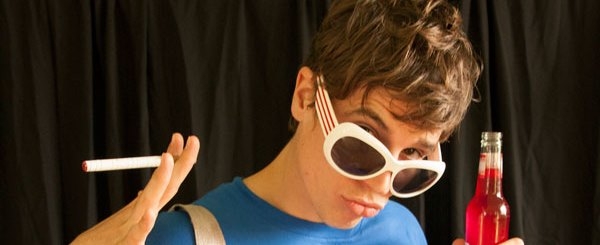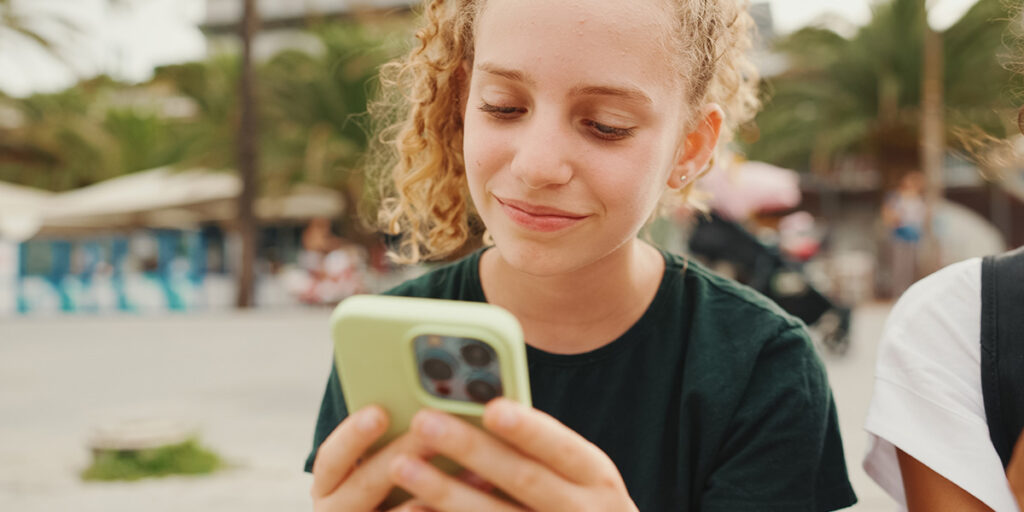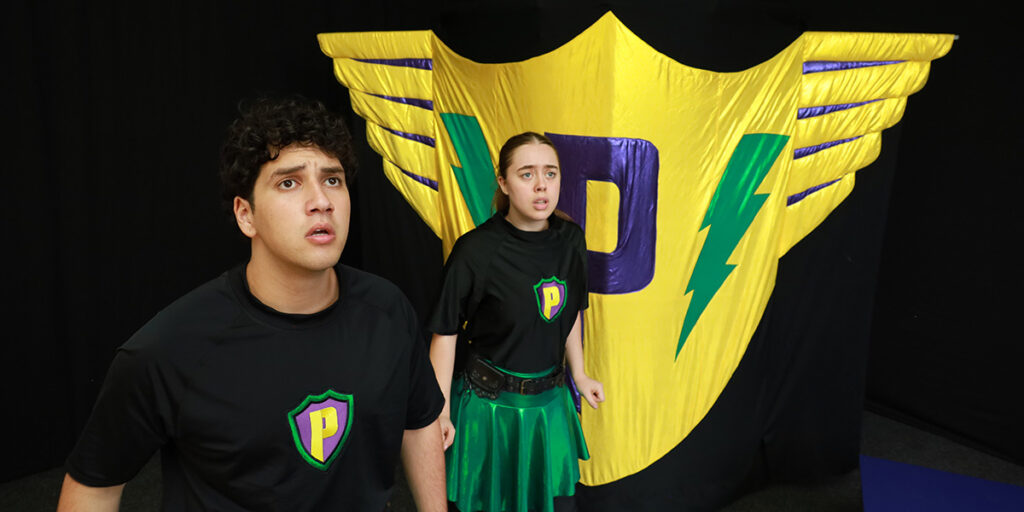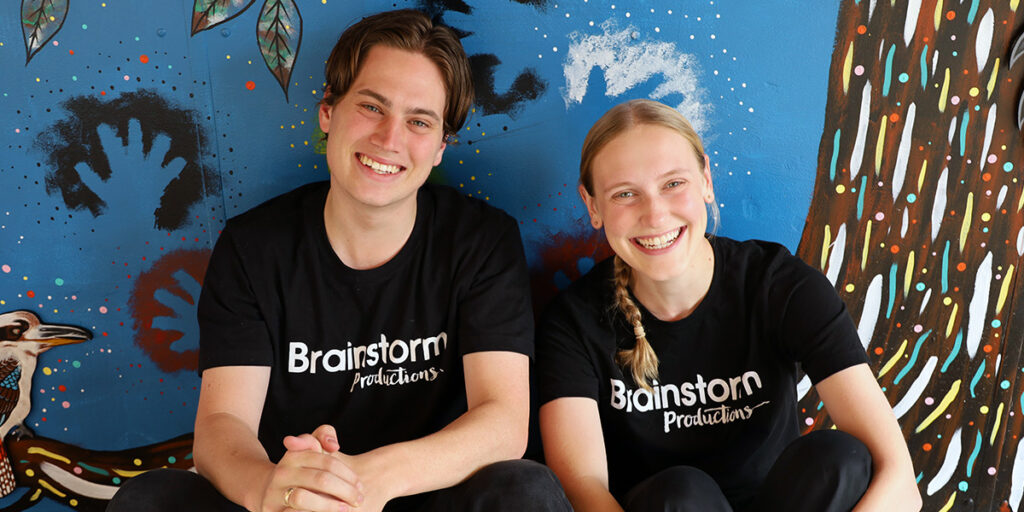This week marks the start of Schoolies Week for NSW and VIC, when thousands of school leavers with enjoy a week long holiday with friends to celebrate the end of high school. Of course, Schoolies Week is meant to be fun – after all that’s the whole point. But to have fun, it’s important to stay safe and knowing some of the precautions can help.
Believe it or not, most kids don’t drink or take drugs and decide to stay straight and sober. For teenagers who do decide to drink or take drugs, they need to think about how they’re going to manage the situation so they don’t have any regrets like being injured or assaulted. It’s important that safeguards are in place before the partying starts because it’s really, really hard (or impossible) to make smart choices once you’re drunk or stoned.
Kids Helpline had created this comprehensive and very practical guide to safe partying and is a great guide to share with your students or kids. To visit the Kids Helpline website click here.
Risks
There are several risks to consider when you are thinking about going to a party. Some risks may be out of your control, however being aware of potential risks can help you stay alert. Some of the risks are:
- Use of drugs
- Excessive use of alcohol
- Drink spiking (this is when someone puts a drug in your drink without your knowledge)
- Car accidents e.g. drink driving or being in a car whose driver is over the limit
- Personal injury accidents e.g. falling over
- Physical assaults and fights
- Sexual assault
- Unsafe sex
- Gatecrashing
- Getting arrested
Tips on how to party safely and make safe decisions
Alcohol use
- Remember it is illegal to purchase alcohol and to drink alcohol outside of your home if you are under the age of 18 years old (in WA it is illegal to consume alcohol if you are under 18 as well). If you are caught drinking at a party you run the risk of being arrested and charged for underage drinking. Also, remember that your body and brain are still developing. Drinking alcohol can have an impact on your physical and mental development
- If you are thinking about trying alcohol for the first time it is worth considering trying it at home, with another responsible person so that you can learn about what it feels like in a safe environment
- If you are over 18 and are going out drinking, try to eat before you go. Eat food and drink plenty of water while you are out. This will help your body to slow down the absorption of alcohol
- Pace your drinks and have a ‘spacer’ (a drink of water) between alcoholic drinks
- Try low alcoholic options when choosing a drink
- Watch your drinks, and never leave them out of your sight. If you leave a drink unattended it can provide someone with the opportunity to slip drugs into it
- Never accept a drink from a stranger. If a friend wants to ‘shout’ you a drink, go with them to the bar and offer to help them carry the drinks back
- Don’t top up your drink half-way through. This makes it difficult to keep track of how much you have consumed and you could find yourself drinking much more than you planned to
- Plan ahead and decide whether you will drive or not. If you think you may end up drinking alcohol, try to find an alternate means of getting there and getting home
- Don’t plan to get a lift home with someone who has been drinking or who may plan on drinking. Always keep a bit of spare money in case you need to catch public transport or a cab
- Avoid drinking games. Drinking too much too quickly can cause unconsciousness and sometimes death. Being too drunk may also contribute to you taking risks and doing things you normally wouldn’t do. Plus the after effects of drinking too much and waking with a hangover or nausea can ruin a really good night out
Drug use
- It is important to know that the consumption of any illicit drug (non medicated drugs) is illegal for all ages. If you choose to take drugs you run the risk of being arrested and possibly charged, which means going to court. If you are convicted of any drug charges this can impact on future plans, such as study, employment and overseas travel. So think wisely before taking any drugs!
- Be aware that because illicit drugs aren’t regulated by the government, anyone dealing in drugs can put whatever they want into it. If you use a drug you won’t know until after you take it, if it is has other chemicals mixed in
- Drug and alcohol services can provide you with information about drugs and how they might affect you
- Sharing needles and syringes can be very hazardous to your health and can result in contracting serious illnesses such as HIV and Hepatitis
- If you have used a drug, make sure a friend knows what you have taken
- Talk about drug use with your friends and work out how you can support each other if you find yourselves in a situation where there is pressure to use drugs
- If a friend overdoses, call 000 and request an ambulance immediately. Ambulance officers are not interested in arresting or charging you for drug use. You won’t get in trouble for ringing an ambulance if there is an emergency, but you may suffer consequences or police investigation if you don’t take action to get your friend medical assistance
General tips
- Try to plan your night. Where are you going? How are you getting there? How are you getting home? Who will you be going with?
- Make sure you save important numbers into your mobile phone. It is easier to have them already there rather than trying to remember a number if there is an emergency?
- Stay with your group of friends. Try not to go off by yourself, and if you do, stay in a public place
- If leaving before your friends, tell someone you are going home. If catching a cab try to have a friend stay with you until it arrives. Taking down the cab driver’s number is also useful just in case something happens
- Have a plan B if things don’t work out as planned, for example – if a party doesn’t feel safe or you are uncomfortable, think about where you could go or some reasons to leave, so you don’t feel any pressure to stay at an unsafe party
- If someone is arguing or fighting with you walk away – don’t fight back. They may become physically violent. Did you know that being hit or punched in the head can cause unconsciousness, coma, seizures, brain damage and death? A fight at a party can easily escalate if other people join in or start to use weapons such as broken bottles or knives. Once a fight gets out of control even bystanders may be in danger of injury or death
- Don’t go off or go home with someone you have just met. If they are interested in you or if you are interested in them, grab their phone number
Tips for hosting a party
- Make your party ‘invitation only’, and don’t advertise through social media networks like Facebook or Twitter – this increases the likelihood of gatecrashers. If you are invited to a party, respect your friend and don’t advertise the party yourself through any social media networks
- Secure valuables on the property
- Have someone monitor the party, like a trusted adult or friend. If it is going to be a big party have a think about hiring some form of security
- Provide a lot of food, especially if your guests are over 18 years old and will be drinking alcohol
- Have water and non-alcoholic drinks available for your guests
- Remember not to provide alcohol if it is an underage party. It is illegal to provide minors with alcohol and you could be arrested or charged. Parental guidance is also recommended for underage parties
- Inform your neighbours that you will be having a party. Most neighbours appreciate being told before the event so that they are prepared for the noise and possible disruption
- Turn your music down after midnight. Some neighbours report noise complaints to police. If this happens, the police often come out to check on the party and request for the noise levels to drop
Tips for going to a party
- If you are under 18 years old, it is always best to inform your parents or a family member of where the party is and what your plans are
- If you are over 18 years old, tell someone where you are going
- Organise how you will get to the party and how you will get home. If you are under 18 it’s best that your parent – or a friend’s parent – takes you and picks you up from the party
- It’s a good idea to take your own drinks so you know what you will be drinking and how much you will be drinking
- Have a plan of who you will call if you need help and have those numbers saved into your mobile phone before you go to the party
Who else can help?
- Kids Helpline on 1800 55 1800
- Call 000 if you need any medical or police assistance
- Call your parents, relative or trusted friend
- Call DirectLine on 1800 888 236 for 24hr drug and alcohol telephone counselling, information and referrals
- The emergency department of your local hospital
- Your doctor
Looking for ideas on how your school can help students with safe partying?
Find out more about our fast-paced one man show, Cheap Thrills, that tackles the consequences of risk taking and substance abuse. Cheap Thrills is touring high schools in 2014. Click here for more information.




